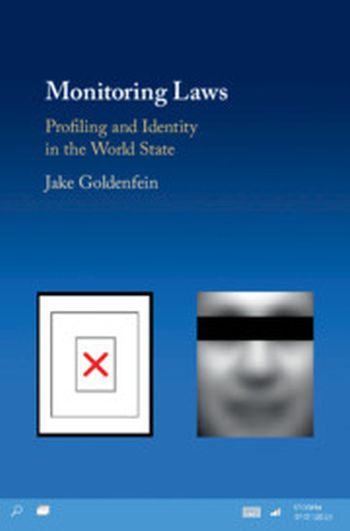
Our world and the people within it are increasingly interpreted and classified by automated systems. At the same time, automated classifications influence what happens in the physical world. These entanglements change what it means to interact with governance, and shift what elements of our identity are knowable and meaningful. In this cyber-physical world, or 'world state', what is the role for law? Specifically, how should law address the claim that computational systems know us better than we know ourselves? Monitoring Laws traces the history of government profiling from the invention of photography through to emerging applications of computer vision for personality and behavioral analysis. It asks what dimensions of profiling have provoked legal intervention in the past, and what is different about contemporary profiling that requires updating our legal tools. This work should be read by anyone interested in how computation is changing society and governance, and what it is about people that law should protect in a computational world.